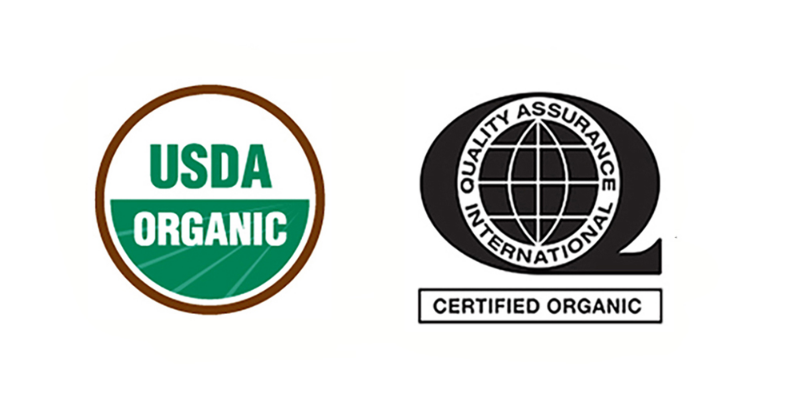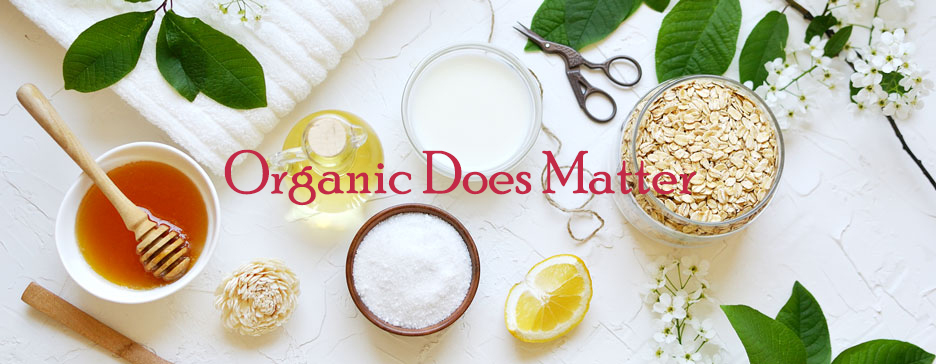Organic Documentation
The term “organic” refers to the way agricultural products are grown and processed. While the regulations vary from country to country, in the U.S., organic crops must be grown without the use of synthetic herbicides, pesticides, and fertilizers, or bioengineered genes (GMOs).
| Organic vs. Non-Organic | |
| Organic produce: | Conventionally-grown produce: |
| Grown with natural fertilizers (manure, compost). | Grown with synthetic or chemical fertilizers. |
| Weeds are controlled naturally (crop rotation, hand weeding, mulching, and tilling) or with organic-approved herbicides. | Weeds are controlled with chemical herbicides. |
| Pests are controlled using natural methods (birds, insects, traps) and naturally-derived pesticides. | Pests are controlled with synthetic pesticides |
You may require some of the organic products or ingredients from our list, we have new explanation to organic now.

There are also different levels of organic certification:
- 100% ORGANIC: Must contain 100% organically produced ingredients.
- ORGANIC: Must contain at least 95% organically produced raw or processed agricultural products. The other 5% must be on a list of approved ingredients.
- MADE WITH ORGANIC: Must contain at least 70% of organically produced ingredients.

Our organic production processes have been approved by an certifying agency normally. The certifying agent follows the following principles:
-They may walk through the facility to check for cleanliness.
-Checking all pest control types and procedures to ensure that suppliers are only used approved procedures during the production.
-After the production, they need to make sure that materials will not be exposed to any unapproved substances, which is a necessary step to ensure the premium quality.
-Documentation checking: checking of organic certification to make sure all the materials being used are with organic standard.
-For Organic Product Labeling – the certifying agent needs to confirm if the rules of labeling are approved according to organic certificates or rules. There are rules on how products are labeled, which is also important.
Best Nutras will try all theirs best to make sure the “organic products” they offered could meet the standards of organic certificates.
Welcome to send us an inquiry at [email protected].











 Sales Manager
Sales Manager